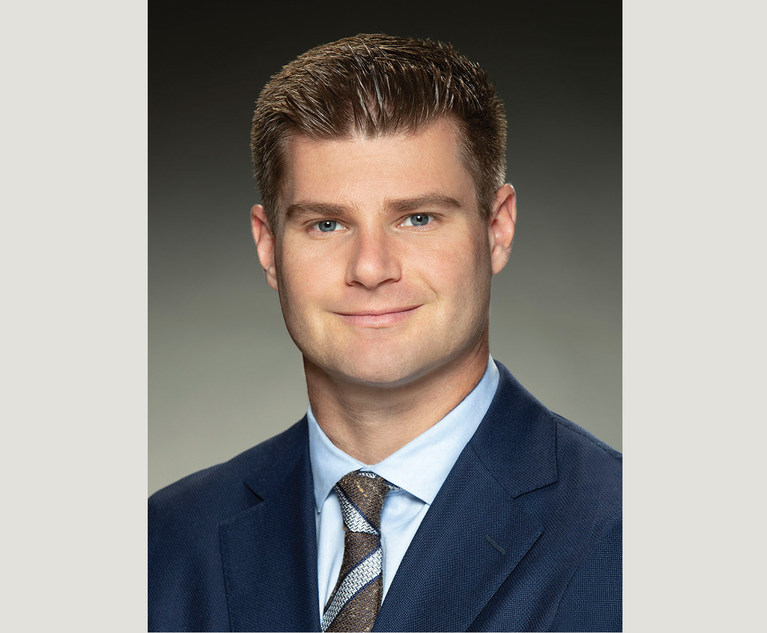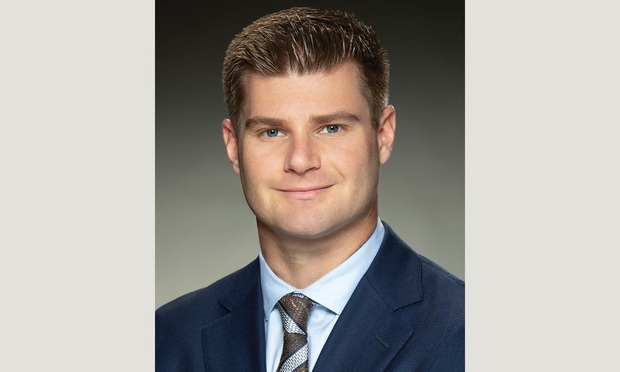Jarret P Hitchings

June 15, 2022 | Delaware Business Court Insider
'In re Kidbox.com': The 1-2-3's of Obtaining Stay Relief in ABCsStrangers to the insolvency profession might be surprised to learn that it is often expensive to go bankrupt. Indeed, the high cost associated with obtaining relief under Chapter 11 of the federal Bankruptcy Code is a routine criticism of the federal bankruptcy scheme and an issue many commentators argue is ripe for reform.
By Jarret P. Hitchings
6 minute read

June 16, 2021 | Delaware Business Court Insider
Chancery Considers Measure of Damages in Case Involving Cancer Therapeutics CompanyIn most cases, courts are presented with competing experts offering damage valuations based on estimates, forecasts, projections and discounts, and are then tasked with rending this information into a monetary amount sufficient to compensate a party for its injury.
By Jarret P. Hitchings
7 minute read

June 24, 2020 | Delaware Business Court Insider
Chancery's Narrow Construction of Forum Selection Clause Preserves Venue of Fiduciary Duty Litigation in Del.In EnVen Energy v. Dunwoody, the Delaware Court of Chancery found that a forum selection clause in an employment agreement between the plaintiff and a defendant did not bar venue of the matter in Delaware.
By Jarret P. Hitchings
6 minute read

November 14, 2019 | The Legal Intelligencer
Sympathy for the Debtor? Not When It Comes to Student LoansDiscussions of student debt often include the blanket assumption that not even bankruptcy can relieve a borrower of his student loan obligations. While this assumption is incorrect, a debtor must provide compelling evidence that an undue hardship will result if the debtor is required to repay the loan.
By Rudolph J. Di Massa Jr. and Jarret P. Hitchings
7 minute read

August 21, 2019 | Delaware Business Court Insider
Don't Be a Maverick: Chancery Reinforces Limits on Attorney-Client PrivilegeThe attorney-client privilege is fundamental to the adversarial system of law. Indeed, the Delaware Court of Chancery recently observed that "without the privilege, candid communication between client and counsel for purposes of representation would be impossible."
By Jarret P. Hitchings
5 minute read

May 23, 2019 | The Legal Intelligencer
Limitations on the Utility of Testimony Elicited During a Section 341 MeetingSection 343 of the Bankruptcy Code provides that a “debtor shall appear and submit to examination under oath at the meeting of creditors under Section 341(a)” held at the outset of a bankruptcy case.
By Rudolph J. Di Massa, Jr. and Jarret P. Hitchings
7 minute read

June 29, 2018 | The Legal Intelligencer
Suit Yourself: Actions Against Trustees Not Subject to 'Barton' DoctrineThe Barton doctrine is a legal principle that limits a court's jurisdiction over a cause of action brought against a court-appointed receiver.
By Rudolph J. Di Massa, Jr. and Jarret P. Hitchings
2 minute read

February 15, 2018 | The Legal Intelligencer
Approval of Fee Defense Provisions in Retention Agreements Post-'ASARCO'The Bankruptcy Code authorizes a debtor (or its bankruptcy trustee) to retain and compensate attorneys and other professionals during the course of the debtor's bankruptcy case.
By Rudolph J. Di Massa Jr. and Jarret P. Hitchings
8 minute read

October 05, 2017 | The Legal Intelligencer
Court: Debt to Paramour Obtained by Fraud Partially NondischargeablePursuant to Section 727(a) of the Bankruptcy Code, an individual debtor can obtain a discharge of his pre-petition debts, see 11 U.S.C. Section 727(a). In general, the effect of a discharge is to relieve the debtor from all debts that arose before the date the debtor filed for bankruptcy protection.
By Rudolph J. Di Massa, Jr. and Jarret P. Hitchings
22 minute read

July 04, 2017 | The Legal Intelligencer
One Contract, Indivisible, With Defenses and 'Kiwi' for AllUnder Section 365(a) of the Bankruptcy Code, a debtor in bankruptcy may assume executory contracts or unexpired leases to which the debtor was a party before its bankruptcy filing. Before it is permitted to do so, however, the debtor must cure any and all defaults existing under the agreement (see 11 U.S.C. 365(b)(1)), thereby making the nondebtor counter-party "whole" upon assumption.
By Rudolph J. Di Massa Jr. and Jarret P. Hitchings
15 minute read
Trending Stories
- 1January Petitions Press High Court on Guns, Birth Certificate Sex Classifications
- 2'A Waste of Your Time': Practice Tips From Judges in the Oakland Federal Courthouse
- 3Judge Extends Tom Girardi's Time in Prison Medical Facility to Feb. 20
- 4Supreme Court Denies Trump's Request to Pause Pending Environmental Cases
- 5‘Blitzkrieg of Lawlessness’: Environmental Lawyers Decry EPA Spending Freeze



